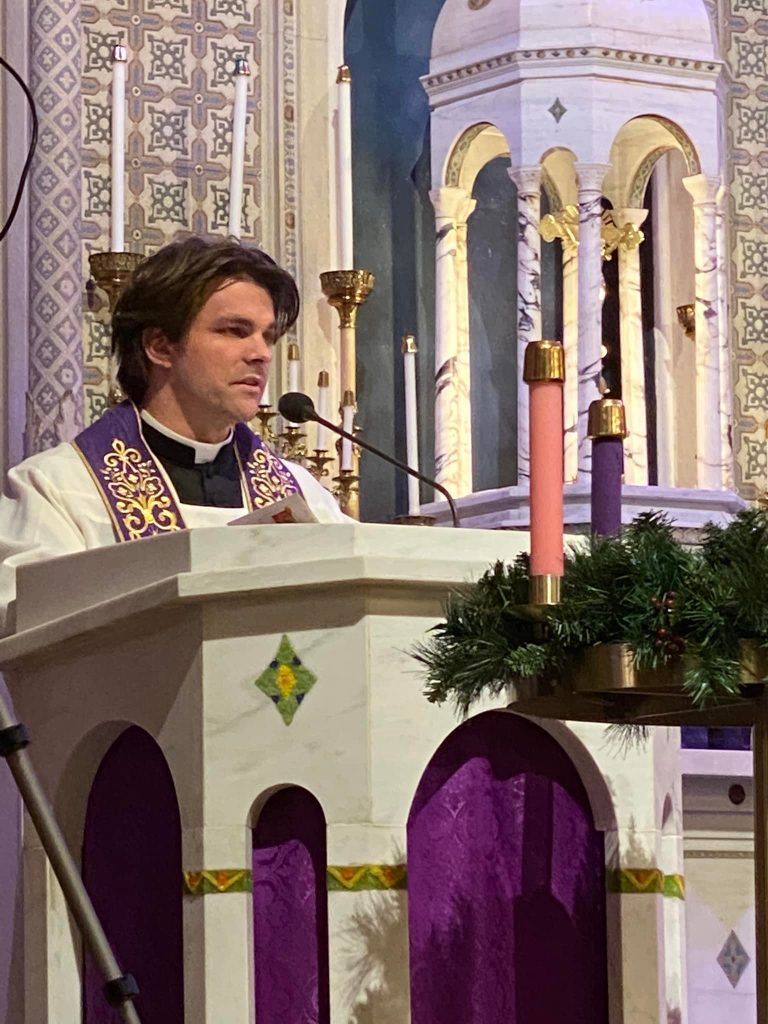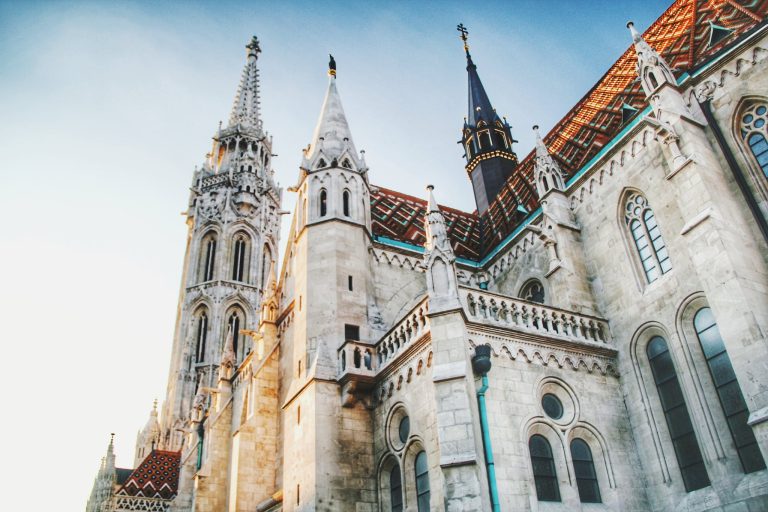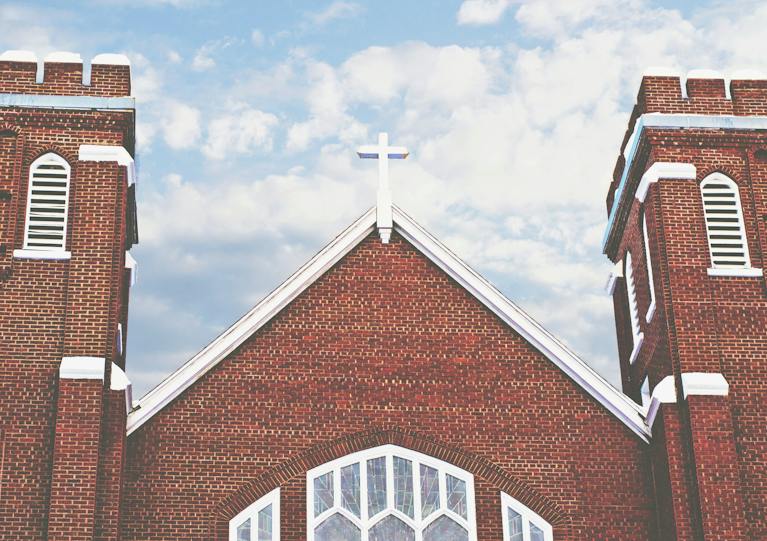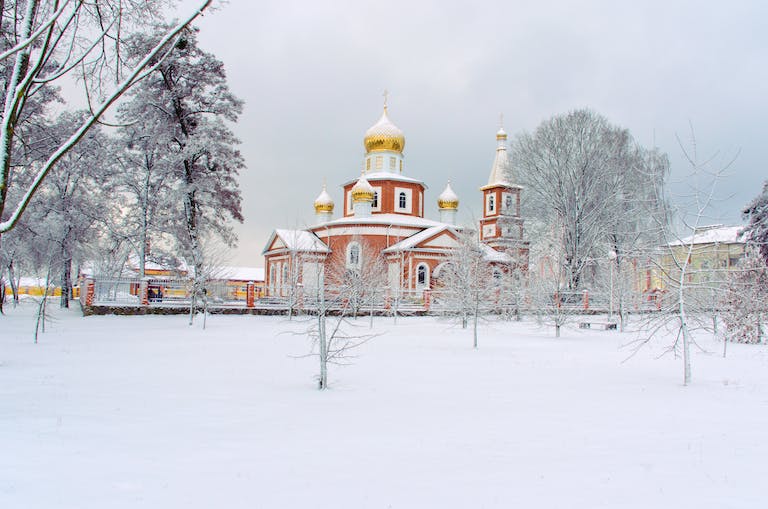Are Catholics Christians? Here is The Answer
The short answer is yes, Catholics are Christian. Catholicism is one of the three major branches of Christianity, along with Orthodoxy and Protestantism.
What defines a Christian?
To understand why Catholics qualify as Christians, let’s first look at what defines a Christian. At its core, a Christian is someone who professes faith in Jesus Christ and follows his teachings. There are a few key beliefs and practices that Christians hold:
- Believe in Jesus as the Son of God and the Messiah, or Christ, sent to save humanity. This includes belief in Jesus’ divinity.
- Belief in Jesus’ death by crucifixion and his resurrection three days later, which is the foundation of Christian theology,.
- Believe in salvation through faith in Jesus Christ.
- Belief in Jesus’ teachings and life is the model to follow. This includes following his greatest commandments to “love the Lord your God with all your heart and with all your soul and with all your strength and with all your mind” and to “love your neighbor as yourself.”
- Baptism in the name of the Father, Son, and Holy Spirit.
- Communion means remembering Christ’s last supper, death, and resurrection.
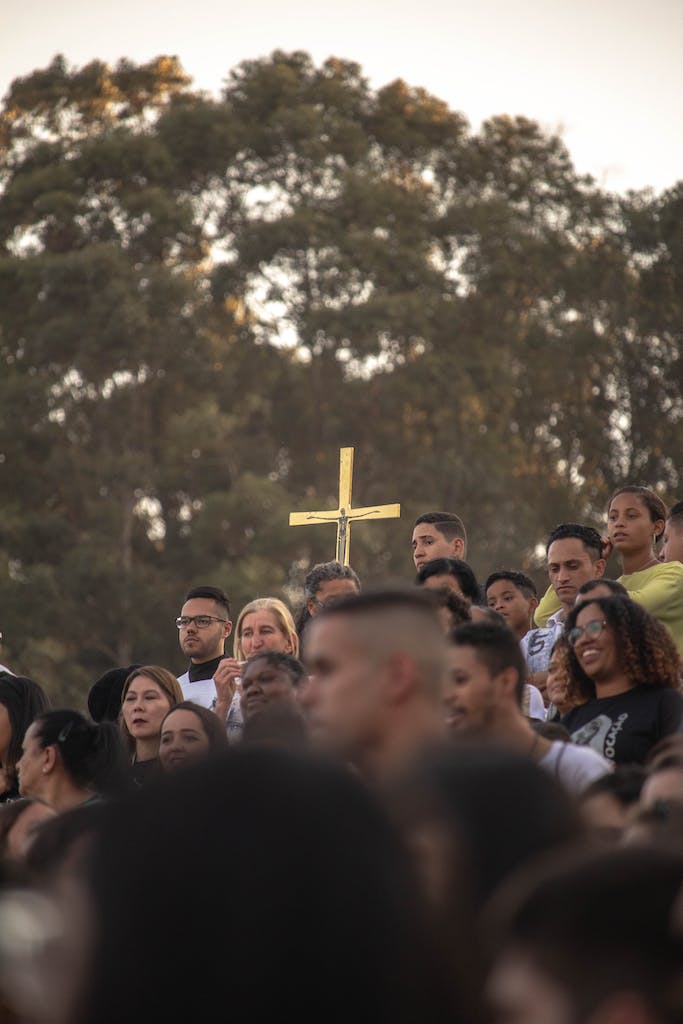
Catholics Affirm Core Christian Beliefs
Catholics affirm all of these core Christian beliefs. In the Nicene Creed recited at every Sunday Mass, Catholics profess:
“I believe in one Lord Jesus Christ, the Only Begotten Son of God, born of the Father before all ages. God from God, Light from Light, true God from true God, begotten, not made, consubstantial with the Father; through him all things were made.”
This affirms belief in Jesus as the Son of God, his divinity, and his role in salvation as the Messiah.
The Catholic Catechism declares: “We believe in Jesus when we personally welcome him into our lives and joyfully share his life with others.” This describes the Catholic belief in salvation through faith in Christ.
Catholics follow Christ’s moral teachings closely through doctrines on the sacraments, sin and virtue, the beatitudes, and the commandments. Missionary work and charitable organizations like Catholic Relief Services aim to follow Jesus’ model of loving one’s neighbor.
In short, Catholics fit the definition of Christian without dispute.
The History of Catholicism and Christianity
Looking at history also shows the integral link between Catholicism and Christianity. Jesus founded a religious movement within 1st-century Judaism that came to be known as Christianity. The early Christian Church grew as part of the Roman Empire.
In 380 AD, Emperor Theodosius I proclaimed Nicene Christianity as the state church of Rome, beginning a close affiliation between Christian bishops in Rome and civil authority that continues today in the Vatican and the Catholic papacy.
Over subsequent centuries, five patriarchates emerged as the ancient centers of Christianity in the Roman and Byzantine empires: Rome, Constantinople, Alexandria, Antioch, and Jerusalem. The patriarchate church in the West centered in Rome became known as the Catholic Church following the East-West Schism of 1054 AD when it separated from the Orthodox patriarchates in the East.
The Hierarchy and Succession Support Catholic Claims
The Catholic Church in the West maintained this early hierarchical structure under the leadership of the bishop of Rome, known as the pope. This gave Catholics an institutional advantage in claiming to be the true successors of Jesus’ original apostles.
According to Catholic tradition, Jesus appointed St. Peter as the first bishop of Rome and head of his church. Every pope since can trace his authority through an unbroken line of succession back to St. Peter and ultimately to Christ himself.
Further Evidence for Catholicism as Christian
Beyond the foundational doctrinal and historical arguments, Catholics demonstrate being Christian through their Bible, devotional practices, church services, and personal faith journeys.
Catholics use the same 66 book canon Bible comprising the Old and New Testaments as other Christians. Verses regarding Jesus Christ’s divinity, crucifixion and resurrection, and more are regularly read at Mass.
Catholics pray to God using The Lord’s Prayer taught by Jesus, asking for strength to follow Jesus more closely. Mary the Mother of Jesus and other saints are revered role models considered partakers in Christ’s promise of salvation.
Structurally, a Catholic high Mass includes a reading from the Gospels describing Jesus’ life and teachings as well as communal recitations of core Christian prayers like the Nicene Creed. The central liturgy of the Eucharist reflects Christ’s Last Supper. This remembrance lies at the heart of Catholic identity as followers of Christ.
On an individual level, Catholics develop personal relationships with Jesus. The sacrament of confirmation invites Catholics to affirm their baptismal promises to God and identify themselves as Christians through the Holy Spirit. Elemental to Catholic spirituality is “imitation of Christ,” the concept of modeling one’s life after Jesus’ virtues.
Conclusion
Given their unequivocal belief that Jesus Christ is the divine Son of God and savior of humanity, rich institutional history dating back to the earliest days of Christianity, and central worship practices revolving around Jesus’ life and teachings, Catholics undoubtedly meet the criteria for being called “Christian” by any reasonable definition. Any suggestions otherwise reflect theological bias rather than factual merit. One can absolutely be a faithful Catholic and a faithful Christian.


